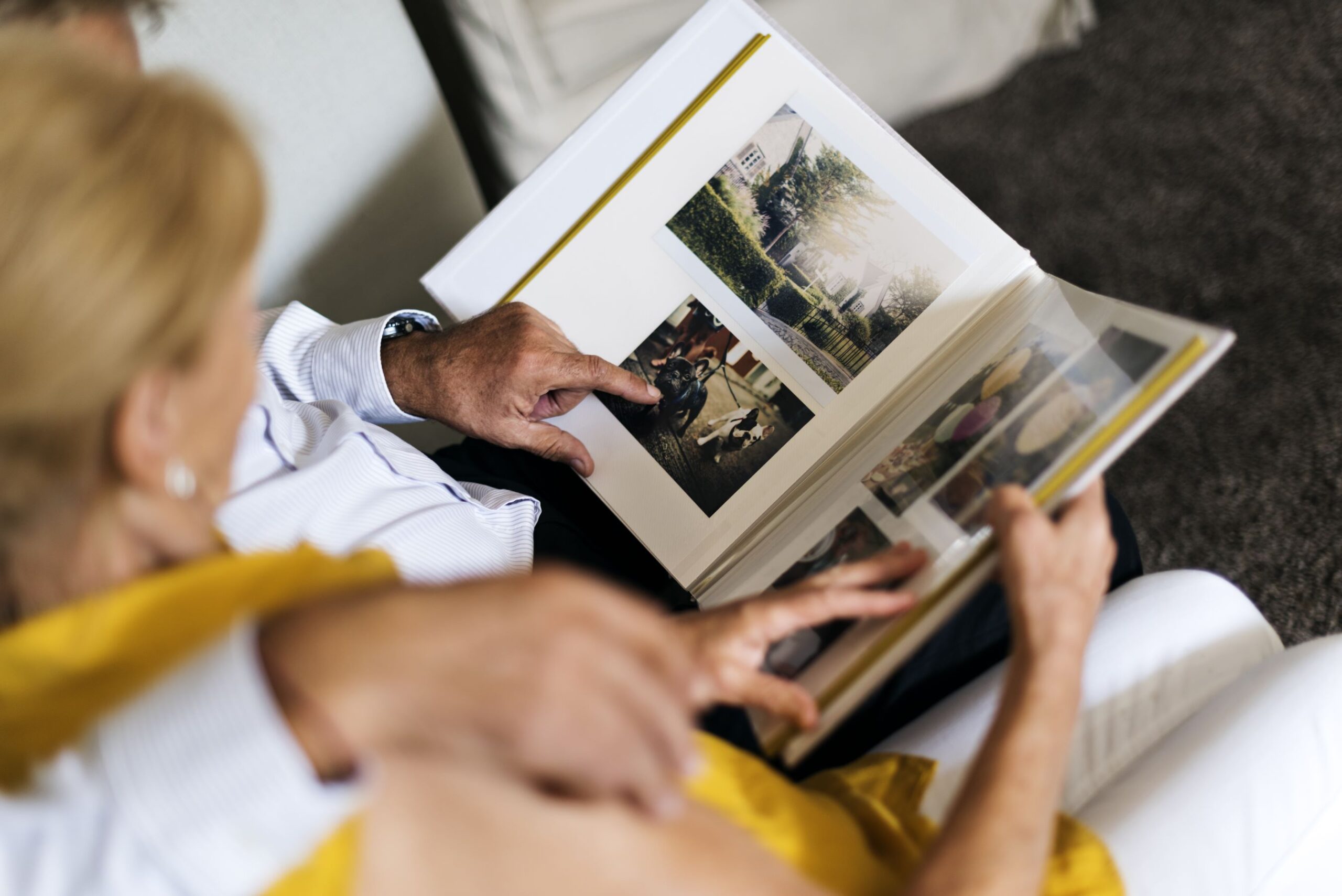
Travel ads urge us to “make memories.” So do friends writing birthday messages and marriage counselors trying to squirt a little glue into the breakage. Not the sentimental sort, I used to find all that a little Hallmark-icky, somewhere between planned motivational fun at a corporation and newsletters that tell you to be spontaneous and playful when all you want to do is get the taxes finished and dinner made and lose that throbbing sinus headache.
Still, if I pay attention to wandering thoughts, they take me, reliable as old-school New York taxi drivers, back to fun. Traveling with my husband, playing with a new puppy, hiking to a gorgeous view, laughing with friends until we wept. “We need to make more memories,” I announce.
Andrew raises one eyebrow. He is grateful enough just to have life go smoothly. But when he hears the slight panic in my voice, the life-is-short realization that drives me in this preface to senescence, he nods. And returns the following week with ideas for a road trip.
It is too easy to slide into other people’s memories. To research their cool and exciting lives for a work project (me) or teach about the dramas of history (Andrew). To relax by watching adventures, struggles, and epiphanies onscreen that we would never have in real life. Augmented and virtual reality promise even more vicarious thrills, and since it is not likely I will ever fulfill my dreams of iceboating or kayaking into a glacier or visiting Bhutan, I look forward to a digital sliver of those experiences.
But how often does anybody say mistily, “Remember when….” about some amazing experience they watched or read about (or had fed into a heavy headset)? We talk nonstop about films and books, repeat and often spoil their plots, gossip about the characters, actors, and writers. But we remember what we experienced at a remove, just as we experienced it.
The distance is a little surprising, because books and films can break open the world. They bring us new ideas; they can even convert us to a new way of thinking. They sneak empathy into our reactions. By the end of a good story, we feel as though we have lived it.
But that is not how we will act when we remember it.
At first I thought the difference might be a matter of emotion. Feelings are what make our memories stick, after all. We remember exactly where we were and what we were doing when anything highly charged happened, even though the personal memory is usually of something trivial and unrelated. We are so eager to tell one another we were opening the mail or just on our way to work…. But those are the flashbulb memories, and they are anomalies. The rest of life is usually fairly humdrum; by contrast, I have sobbed over books and movies, and felt so scared or upset or elated that I could not sleep afterward. Emotions far more intense than anything my own life was generating at the time.
Are media-generated emotions somehow shallower, then?
Not necessarily. The real difference is, they are not ours. We did nothing to cause or earn them. They exist apart from our life; they are spectator emotions. And our brain knows not to integrate spectator emotions with the autobiography it is always busy compiling.
Wait—does this mean that all our fretting over video games was unnecessary? If nothing we perceive for entertainment gets woven into the deepest part of the self….
There is a difference, though. In a video game, we are active participants. We react physically to the engagement, manipulating the game in ways that, to a fragile mind with a lurid imagination and a moral identity that is unformed or wobbling, can make killing seem neutral, an instinctive reaction that has been dulled and normalized by habit.
What does that mean for new sorts of virtual reality that engage all our senses and let us participate and interact? Will those experiences give us memories we can call our own? If so, we will be able to make memories from the safety of our sofa. Which feels like cheating. The memories I treasure tend to follow some sort of risk or effort; they feel earned. Like making a painting or a sweater or a wooden box, they rewarded and commemorated an investment of time, patience, sweat, courage, and attention.
What will passive memories commemorate? And can we use them to stitch together a self, or a relationship with someone else?
Tech companies seem to be aware of the dilemma. In response, a Japanese startup, H2L Technologies, has made a wristband that delivers small, stinging shocks, unsettling us as we travel through that stupid Metaverse. “Feeling pain enables us to turn the metaverse world into a real [world], with increased feelings of presence and immersion,” H2L CEO Emi Tamaki explained to the Financial Times.
Maybe H2L wants to remind us that we are human. Or maybe it just wants to make sure the memories stick.
Read more by Jeannette Cooperman here.
